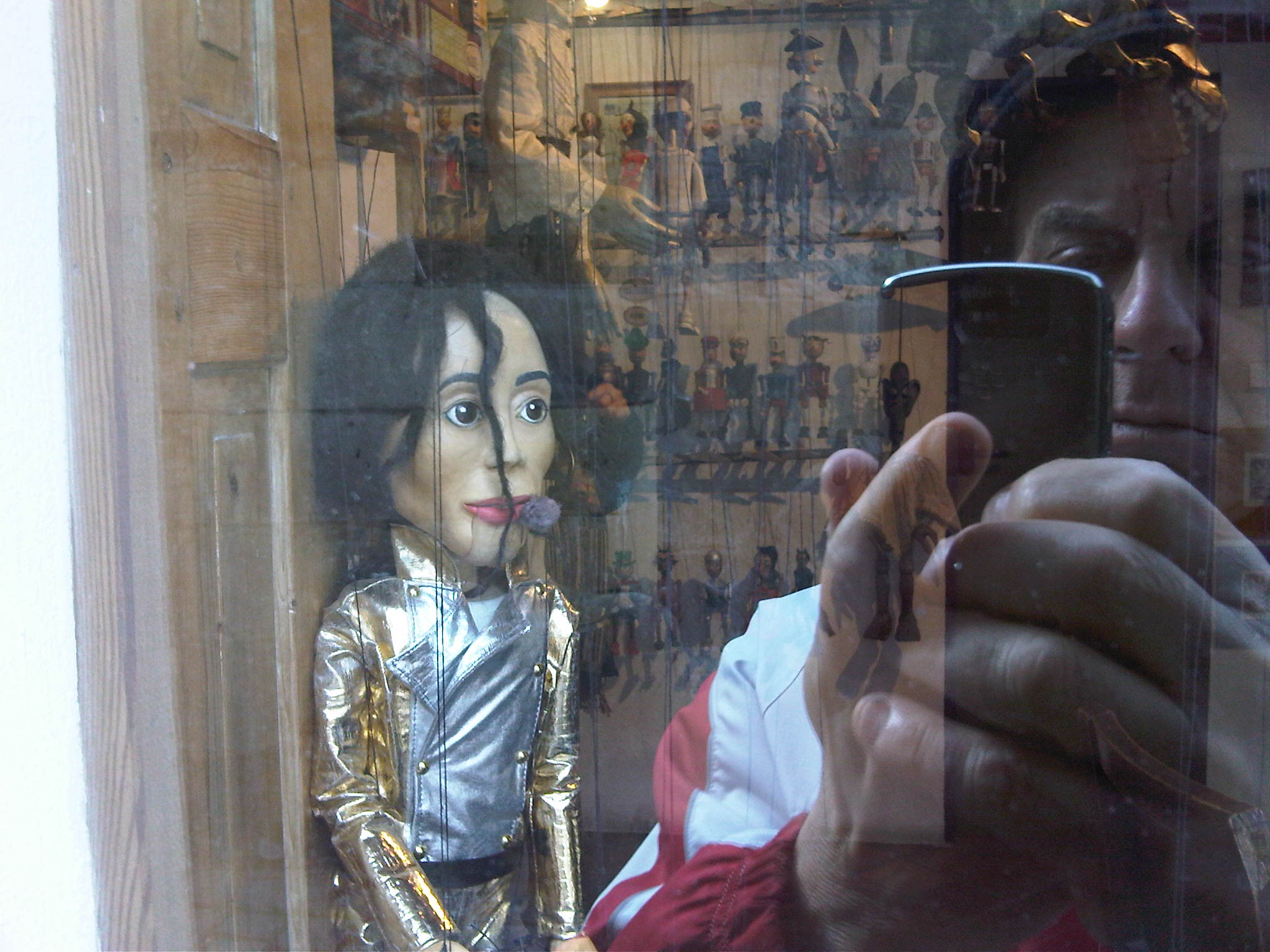What have we not lost since then? We have had the silly rhetoric of Ronald Reagan and his "shining city upon a hill." (But, how to get there?) Can one imagine George Bush senior or junior talking about the Arts, about "grace and beauty" or America's "contribution to the human spirit"? One hears sniggering Hillary Clinton commenting on the barbaric, US-sponsored assassination of Libya's Khadafy: "We came, we saw" he died," she fatuously paraphrases Caesar! During his campaign for president, we hear Fool John McCain, updating a Beach Boys' song: "Bomb, bomb, bomb", bomb, bomb Iran!"--giddily dehumanizing the millions likely to be killed, physically and mentally blown apart. On either side of our duopolistic political spectrum, we hear preening talk of the "exceptional," the "indispensable" people. When our first African-American president runs for office, we hear a football chant, taken up by a mesmerized, gulled gymnasium: "Yes, we can! Yes, we can! Yes, we can!"
Except" we really can't".
We haven't done the disciplined, steady work to shape the mind and lift the spirit--the work that Kennedy and King urged upon us: the difficult but joyous work that perceives the ethical life and a true life in the Arts as central to our survival, health, maturity and humanity. Politics and the Arts are interwoven in the tapestry that makes us human--and better than human, humane.
I was 17 when Kennedy was murdered. Barely 4 weeks before my and my generation's comfortable fictions about America were forever shattered, he had delivered a speech at Amherst College, honoring the poet Robert Frost:
"Our national strength matters, but the spirit which informs and controls our strength matters just as much," Kennedy averred. He spoke of Frost's "unsparing instinct for reality to bear on the platitudes and pieties of society," and his "sense of the human tragedy" that "fortified him against self-deception and easy consolation." Kennedy praised Frost because he had "coupled poetry and power, for he saw poetry as the means of saving power from itself." He noted, "When power leads man towards arrogance, poetry reminds him of his limitations. When power narrows the areas of man's concern, poetry reminds him of the richness and diversity of his existence" For art establishes the basic human truth which must serve as the touchstone of our judgment."
For half a century now, our artists, as well as our "public servants," have, mostly, wandered in a wilderness of arrogance and poor judgment. Fearful of losing their academic sinecures or foundation grants, our artists have, too often, eschewed a vigorous critique of America's imperious, foundational economic principles--the Corporate State and its self-serving Republicratic 1-party system!
Building on Eisenhower's parting shot about the "military-industrial complex," Kennedy seems to have looked into our dark future, and foreseen our militarized police and all-encompassing Surveillance State:
"The artist, however faithful to his personal vision of reality, becomes the last champion of the individual mind and sensibility against an intrusive society and an officious state," he warned. "In pursuing his perceptions of reality, [the artist] must often sail against the currents of his time. This is not a popular role."
An unpopular role" but a vital one. In a democratic society,
"the highest duty of the writer, the composer, the artist, is to remain true to himself and to let the chips fall where they may. In serving his vision of the truth, the artist best serves his nation. And the nation which disdains the mission of art invites the fate of Robert Frost's hired man having 'nothing to look backward to with pride, and nothing to look forward to with hope.'"
(Note: You can view every article as one long page if you sign up as an Advocate Member, or higher).





